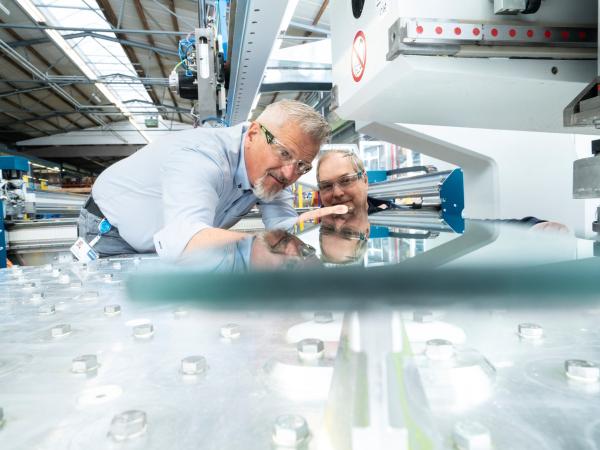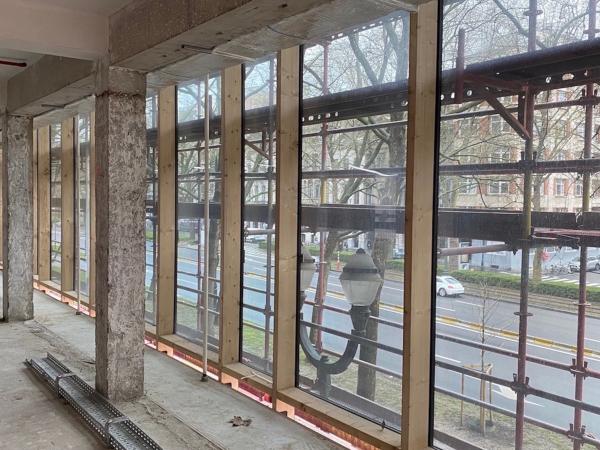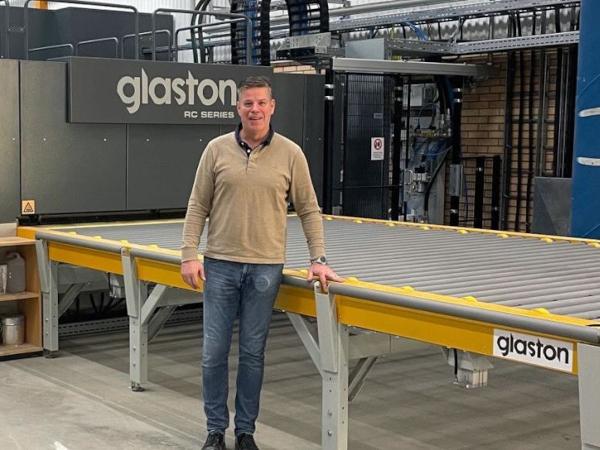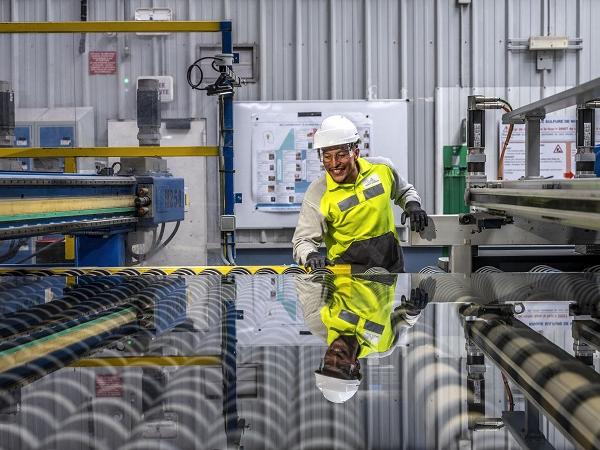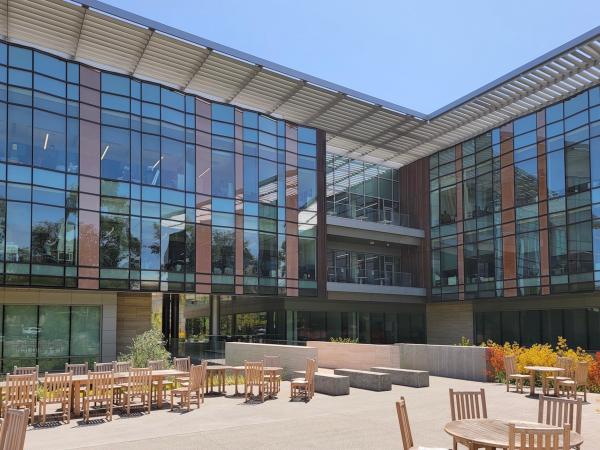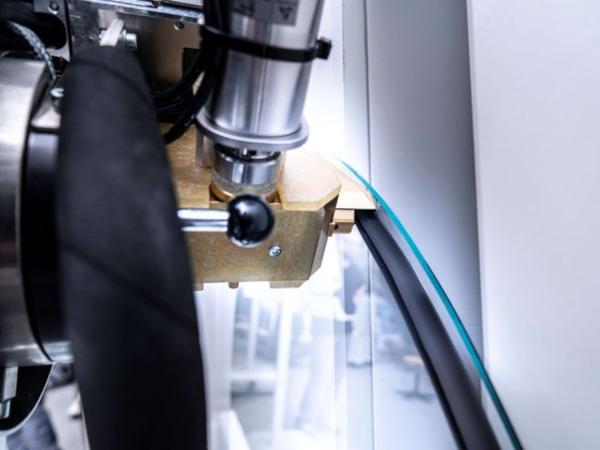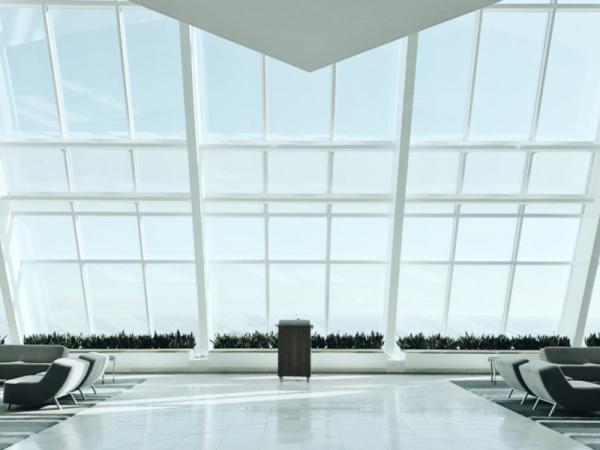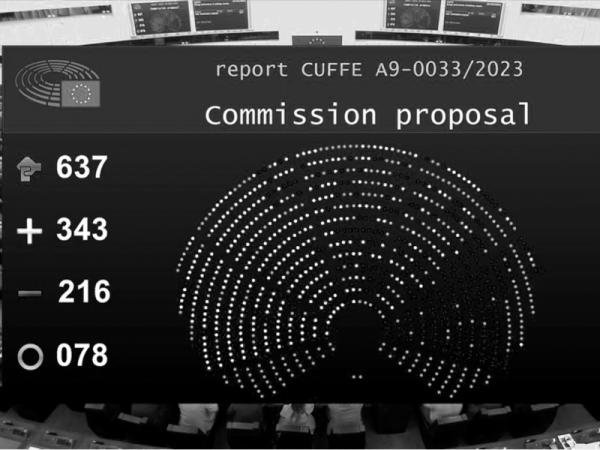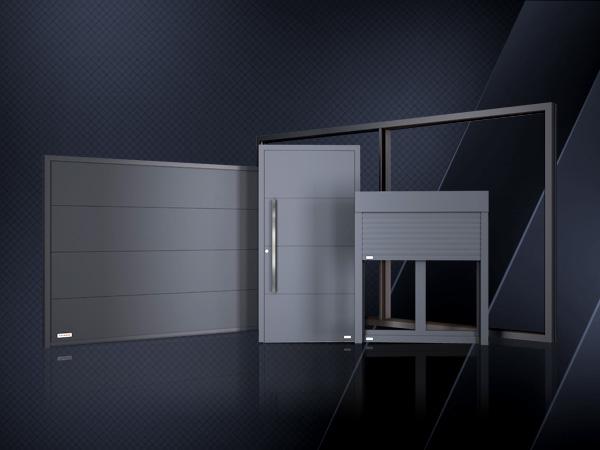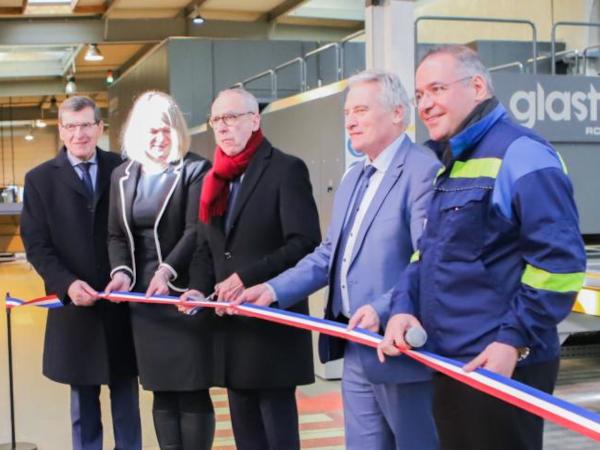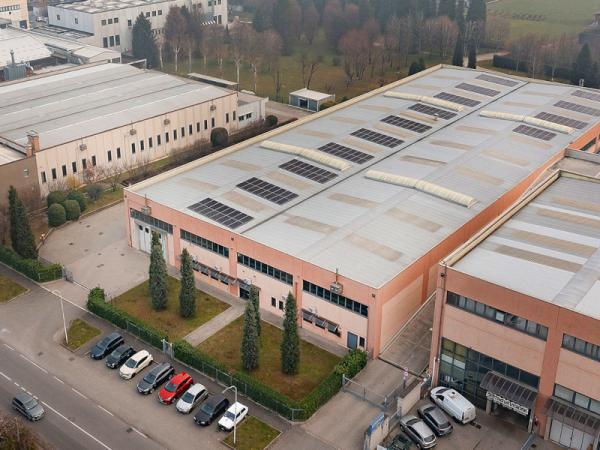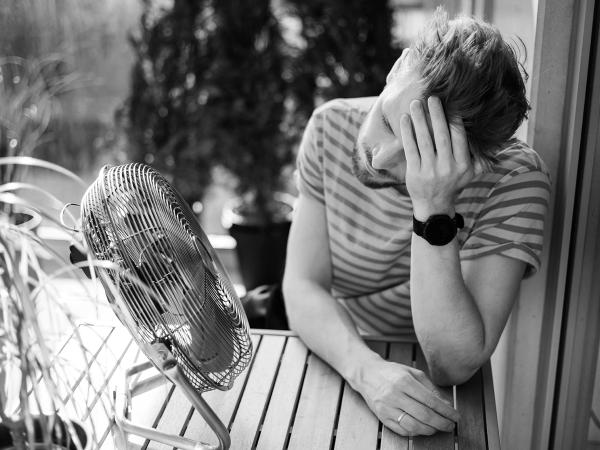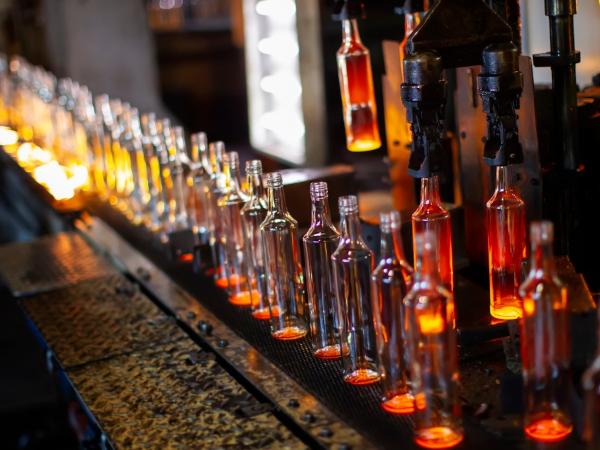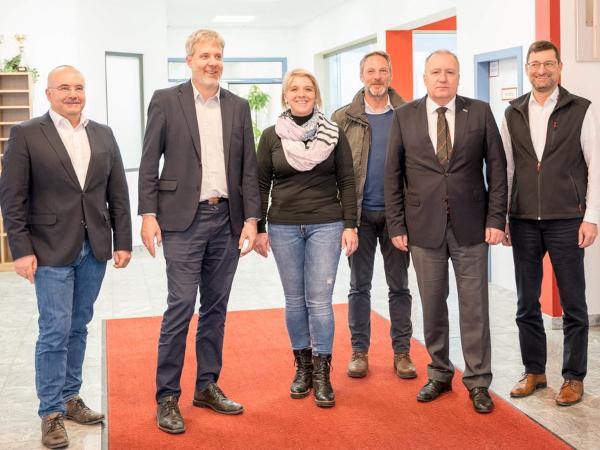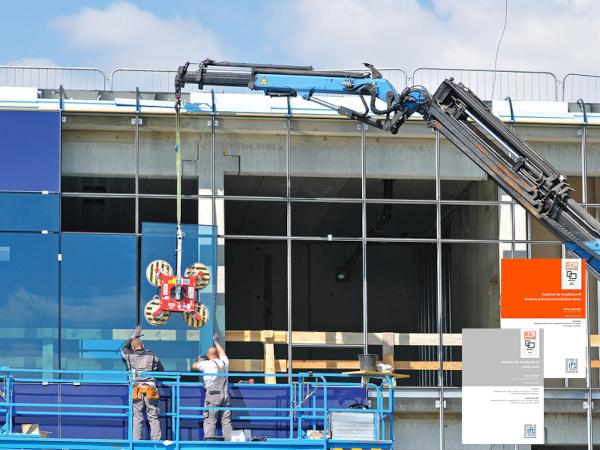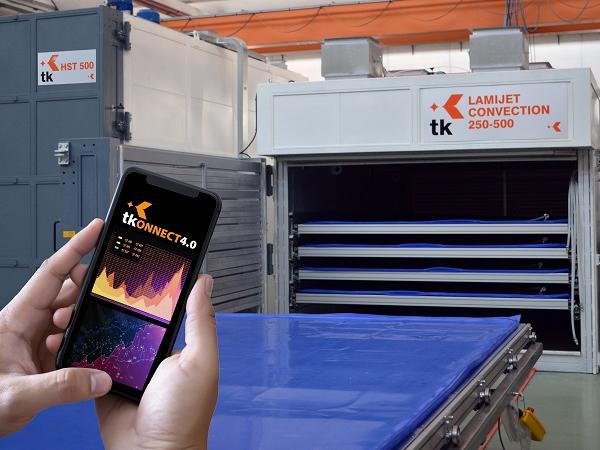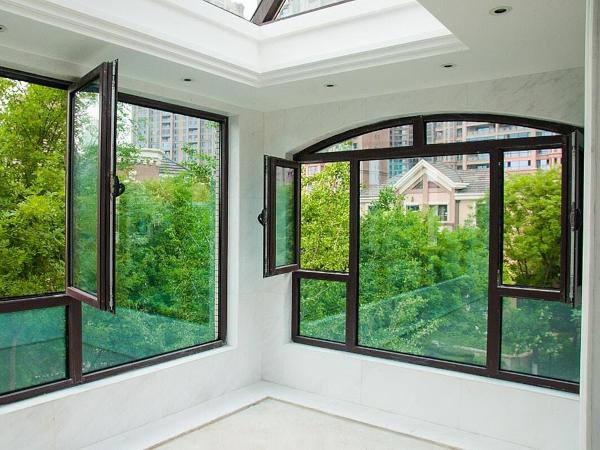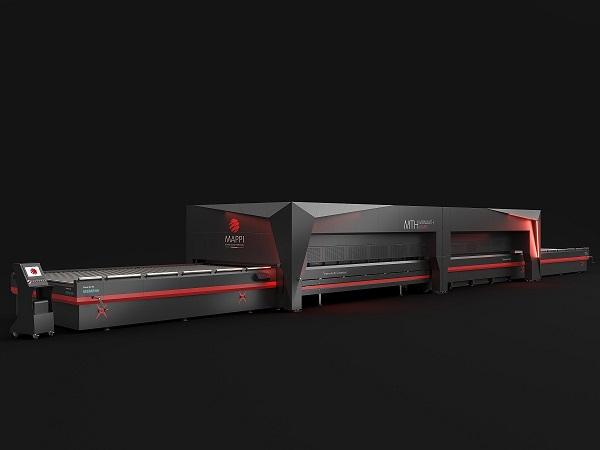Others also read
Energy efficiency is one of the key ways to make the electricity you use in production go further.
eyrise® smart glass facades help this pioneering building renovation achieve WELL certification.
Higher production capacity with lower energy consumption
Saint-Gobain Glass has worked with McLaren Construction to deliver closed-loop recycling of window glass at scale.
Saint-Gobain is the first manufacturer in the world to carry out a test production of flat glass using more than 30% hydrogen during Research & Development (R&D) trials at the Herzogenrath site in Germany.
New study conducted by independent consulting firm quantifies return on investment for advanced low-e glazings
Okalux facade enhances neuroscience research building at California Institute of Technology
The rising costs of fossil fuels, at least in big parts of the world, and a general pressure in the reduction of CO2 is driving industries of all kinds to explore and use alternative energy sources.
This blog on Glastory by Uwe Risle is covering the strategies to minimize costs in insulating glass production.
Automotive glass can contribute to reducing the environmental impact of vehicles.
Energy-efficient buildings products such as high-performance glazing must be considered as ‘strategic net-zero technology’.
Satinal Group is still on a path of growth, designing and installing a new TK Lamijet oven, projected for security glass lamination.
The European Parliament adopted its position on the Energy Performance of Buildings Directive (EPBD) with 343 votes in favour, 216 against and 78 abstentions.
The new technology, which has been part of the ProLam LSR series equipment for just under three years, promises four advantages.
European joinery is a guarantee of exceptional quality, as well as timeless, original design.
Schiatti Angelo Srl has recently installed a new photovoltaic system.
Glazing technologies can make EU buildings more resilient to future heat waves, enabling the adaption to climate change while helping to reduce energy needs and CO2 emissions.
NorthGlass Triturbo-fan Technology Co., Ltd. and Xi 'an Xuanwa Group Sign Strategic Cooperation Agreement to Promote Energy Saving Transformation
On behalf of the UK glass industry, British Glass welcomes the announcement from government to extend the Energy Bill Relief Scheme for energy intensive industries to March 2024.
Last Monday, Horn Glass Industries welcomed Anna Schwamberger, member of the state parliament, and Dieter Janecek, member of the Bundestag, both from Bündnis 90/Die Grünen, to visit their company in Plößberg.
The new remote system for secure traceability, remote control, verification of production quality and remote technical assistance.
Now available on demand: Vitro’s new Continuing Education course
MTH, the furnace designed for those who have to manage large load volumes and process very large slabs without sacrificing Quality, Flexibility, Energy Savings.

